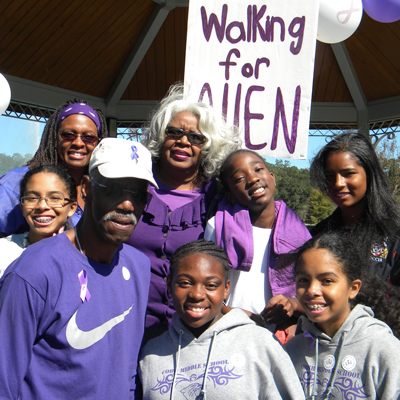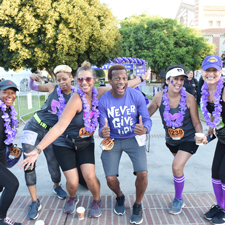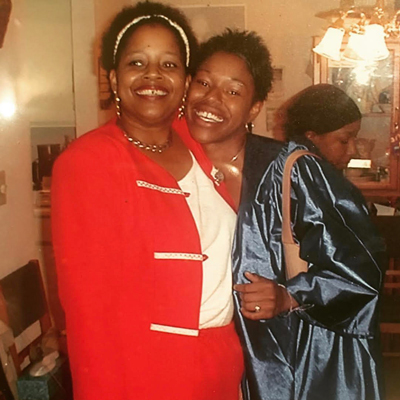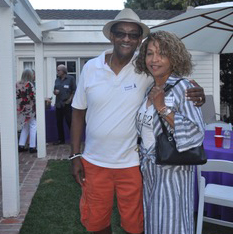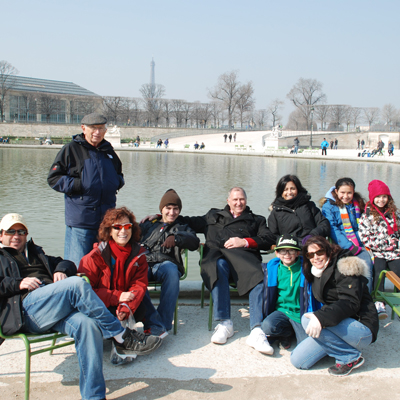Throughout April, as part of National Minority Health Month, the Hirshberg Foundation has shared an important message of unity while providing critical information for those disproportionately impacted by pancreatic cancer. We’ve touched on genetics for Ashkenazi Jews and the high risks associated with chronic health conditions like diabetes for African Americans. Even as this month comes to a close, we will know it’s crucial that we continue to provide new information on this topic, discuss the risk factors and share personal stories to raise awareness year-round.
Together, we must be united in this fight because when pancreatic cancer impacts one group, it impacts us all. Share this information and resources with family, friends, neighbors and co-workers so that no one faces pancreatic cancer alone. Several fearless survivors, caregivers, family members, volunteers and event participants have also joined us in our efforts to elevate this conversation. They have generously shared their perspectives and stories to shine a light on this topic.
“My husband’s pancreatic cancer was discovered by an Upper Endoscopic Ultrasound. I do not recall being informed or having a conversation that we may be at a higher risk because of our ethnic background. I think it’s very important that it be discussed more. I would like to see it be part of a checklist and gently approached by asking or informing minorities who are at high risk for pancreatic cancer. My words of inspiration to communities, families and other survivors of color is to have hope and live one day at a time. Also, Be Persistent. My husband went to the Doctor with symptoms in February and was not diagnosed until June after many tests and a hospitalization.”
-Addie
LACC Team Captain
“After the loss of my mother I became more aware of the risk as an African American and how important it is to seek help. High blood pressure is prevalent in my family history. As well as different forms of cancer. I feel a need to express to people of color how pancreatic cancer can go undiagnosed if certain health issues are not presented to physicians. My mother decided to keep silent, and because of that it’s truly been a loss and a deep hole missing from my heart. Her cancer could have been prevented.”
-James
LACC Team Captain
“I was 18 years old at the time my mom was diagnosed but I believe she was feeling sick for a while. Shining a light on the topic of high-risk groups is meaningful to me because maybe this information could have saved my mother’s life 18 years ago. It could help save the life of someone who is battling pancreatic cancer and/or showing early symptoms now. I think healthcare professionals should be prepared to spend more time on marginalized groups and facilitate information for them. It’s important to not just talk but act…this is a step in the right direction.”
Alicia
HTT Member & LACC Team Captain
